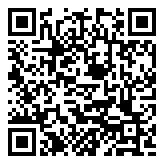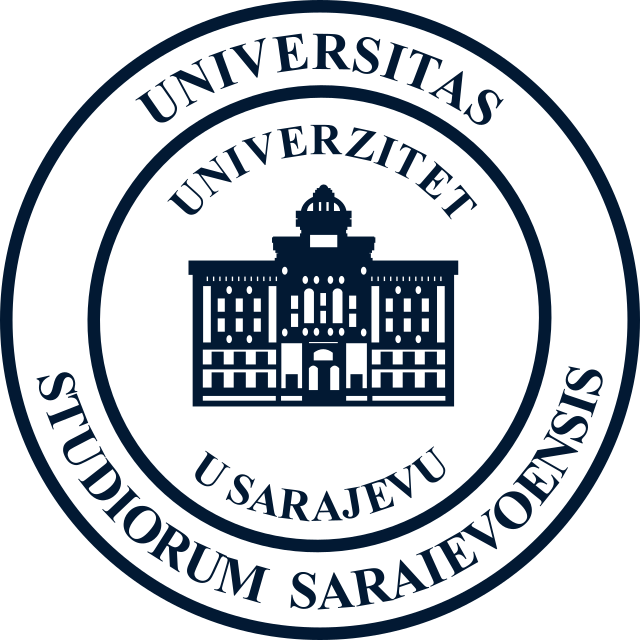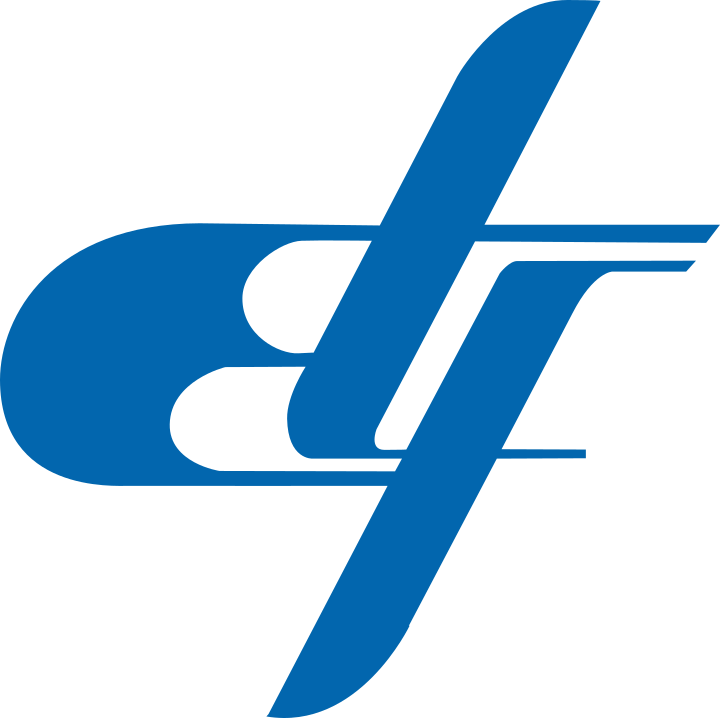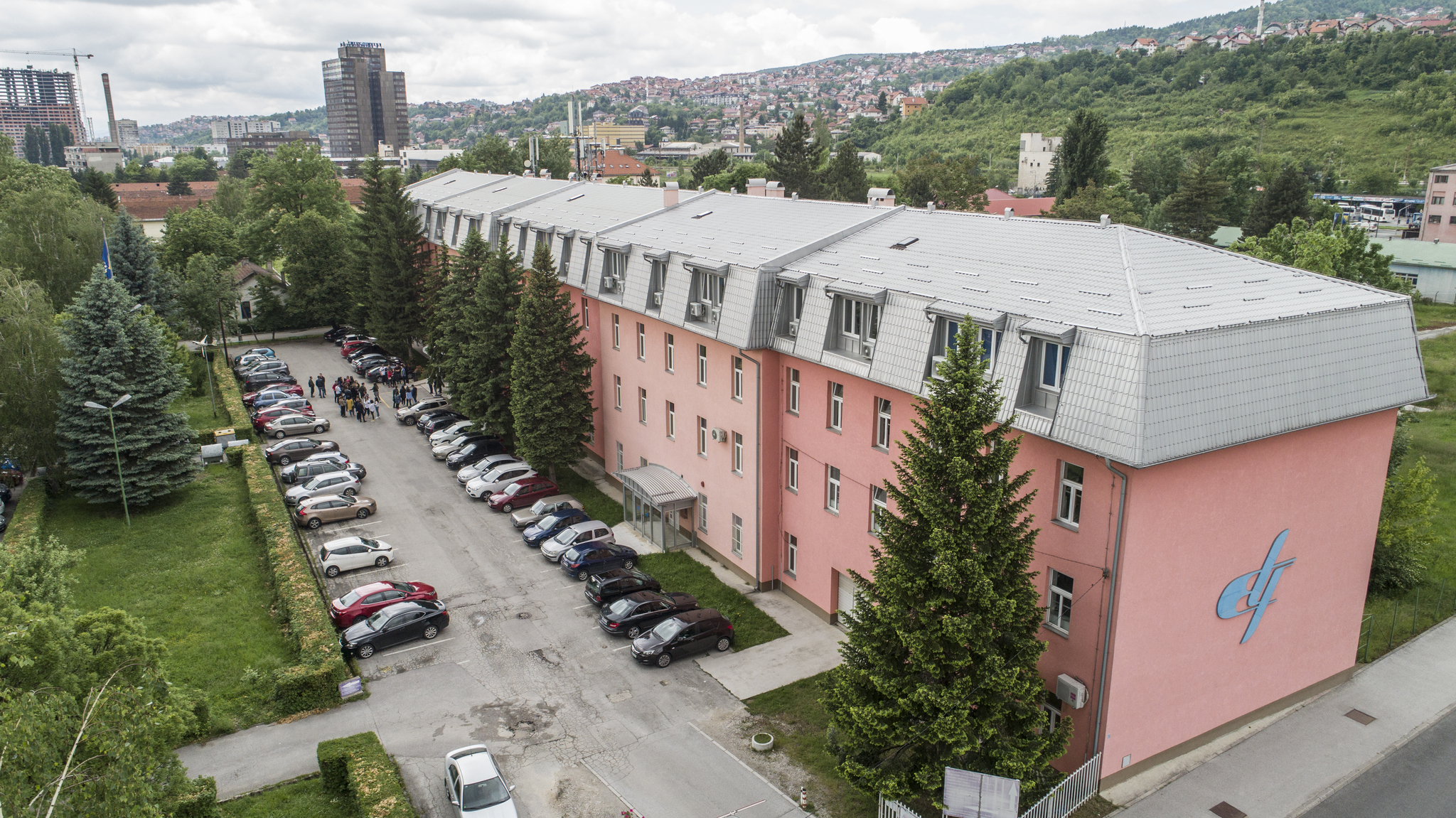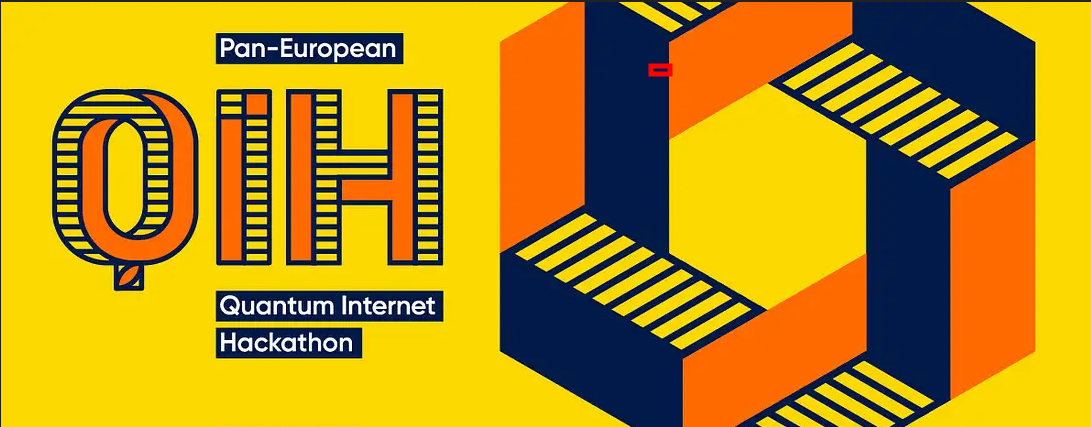
Quantum Internet Hackathon 2022
How this Hackathon works
Apply now to take part in the Quantum Internet Hackathon 2022
This hackathon is a continuation of our previous Pan-European Hackathon in 2019 and a prequel to a series of planned events. The RIPE NCC is joined by the Quantum Internet Alliance (QIA), GÉANT, PSNC, SURF, QuTech and several universities to organise the Quantum Internet Hackathon 2022. This Hackathon will take place simultaneously in connected locations or ‘nodes’ – you can also take part virtually!
Participants will form local teams to take on challenges, and possibly even form cross-node teams. And of course, we will bring all our nodes together virtually to share projects, progress and feedback. Experts and facilitators will also be at hand to guide participants.
All our hackathons are:
- Non-commercial; we are a not-for-profit organisation and have no monetary prizes
- All resulting software and tools are released under non-commercial licences
- Non-competitive; we prefer cooperation and teamwork
We’re looking for you!
Curious about the Quantum Internet? Passionate about developing new technology? We’re looking for general enthusiasts, software developers, network operators and equipment vendors, as well as general web, privacy, and cryptography experts (students, researchers, industry professionals), designers, or hackers – anyone interested in Quantum Internet technology to participate in this event. Each node can accept approximately 20 participants based on their capacity, which means we have roughly 120 places available in total across our six nodes, and 50 online participants.
If you’re interested, submit the application form before 1 November, and make sure you select the node of your choice.
The Hackathon Challenge
The goal of this hackathon is to develop some of the first applications that use quantum mechanics as a tool for communications, to catch a glimpse of the quantum Internet. An example of this kind of application is a browser that can load a web page over an encrypted HTTPS connection using a secret key generated by a quantum key distribution (QKD) protocol. Similarly, many other applications that need to encrypt their online traffic, such as e-mail or online messaging, can be integrated with QKD. Different protocols involving nodes of the network can be implemented, from quantum game theory to multi-party quantum measurements.
Hackathon Goals:
- Sharing existing software and protocols, receiving feedback on how to improve them
- Actual bug fixes, additional features
- New software and tools
- Sharing all of this (on GitHub, GitLab or other open repositories)
- Producing documentation, or learning/promotion/interaction materials
- Forging connections between participants and between nodes
- Learning about Quantum Networking, monitoring and management
Existing projects and challenges:
- Using SimulaQron to simulate quantum network
- Integrating QKD into OpenSSL to enable running quantum encrypted TLS connections
- Design and implement applications that use Quantum Protocol Zoo
- Use the QNE Application Development Kit
- Designing protocols for resource sharing among multiple nodes for routing information within a quantum network
Practical Hackathon information
Important Dates and Deadlines
- 1 October 2022: Applications open
- 1 November 2022: First deadline for applications
- 10 November 2022: Preliminary list of participants published
- 1-2 December 2022: Quantum Internet Hackathon takes place simultaneously at all nodes
Venues and Travel
The event is free of charge – there is no fee to pay and food and drinks will be provided throughout the event on both days. The organisers will not be making any travel or accommodation arrangements for participants. The hackathon takes place simultaneously in six nodes. Make sure you select the node of your choice when filling in the application form. The precise locations for each node will be published closer to the actual event date.
Before the event
Applicants can use the collaborative tools (such as discussion mailing list, EtherPad and IRC) to help plan shared work. We will also organise a webinar to introduce the available tools and proposed projects for participants a week or two before the event. You are encouraged to check out the code and projects submitted during previous hackathons, available on GitHub.
During the event
Standard work/play times for the event are 9am – 5pm (UTC+1), depending on the location. The “marathon” side of the event might mean that cooperation can extend deep into the night! There will be scheduled “touch-base” video links between all the nodes and online participants twice every day, but due to the different time zones, and due to the virtual team participants, we will announce the exact times later on.
In addition to already proposed challenges, participants are encouraged to propose projects they wish to work on, either completely new ideas, or existing projects.
Participants will work in small teams, with each team focusing on a chosen project. All source code developed during the hackathon will be publicly licensed and available on GitHub, and accessible for the entire community to use. A variety of goodies will be provided for participating.
After the Hackathon
Since this event is very short, we are conscious that most of the work will have to be done either in advance or in the future. For the sake of continuity, all projects will be documented on GitHub, and the teams will be encouraged to stay in touch with each other, and to join our follow-up events in 2023. Since we want to focus on collaboration and not on competition, there will be no single prize winner. We will showcase all achievements during the closing session. Several projects will be awarded symbolic prizes, in the categories of ‘Most Innovative Solution’, Best Team Work’ and Most Complete Presentation’.
Curious about the Quantum Internet?
Read about the Quantum Internet Hackathon held in 2018, and the Pan European hackathon in 2019, as well as a recording of Stephanie Wehner’s Quantum Internet presentation from RIPE 74.
Related Events:
- 12 October: SURF Workshop in Utrecht
- 22-28 October: Presentation and meet up at RIPE 85 in Belgrade
- 5-6 November, IETF Hackathon, London and online
- April 2023: GÉANT
Co-hosts
Organising Committee
- Vesna Manojlovic, RIPE NCC
- Ivana Golub, PSNC/GÉANT
- Peter Hinrich, SURF
- Harun Šiljak, Trinity College, Dublin
- Nico Seidler, QuTech
- Francesco Picciariello, University of Padova
- Shakhzoda Djalalova, INHA University, Uzbekistan
- Vahan Hovsepyan, RIPE NCC
- Karla Liddle-White, RIPE NCC
Programme Committee
- Liza Darwesh, SURF
- Piotr Rydlichowski, PSNC/GÉANT project
- Önder Karpat, QuTech
- Matteo Padovan, University of Padova
- Indrakshi Dey, Maynooth University/ Trinity College Dublin
- Miralem Mehic, University of Sarajevo
Participating Organisations
- GÉANT
- INHA University of Uzbekistan
- Poznan Supercomputing and Networking Center (PSNC)
- QuTech
- RIPE NCC
- SURF
- The Quantum Internet Alliance
- Trinity College Dublin
- University of Padova
- University of Sarajevo
Sponsors
Each of our previous hackathons has been supported by one or more sponsors. Sponsors help financially, logistically, and by demonstrating their support for Free and Open Source Software (FLOSS) tools development. As a sponsor, you will be promoted during the event, and in all of our communications (announcements, blogs posts, social media); and you will have that warm, fuzzy glow of supporting a community effort!
We are looking for financial support ranging from €2,000 to €20,000. We will spend your funds on hiring the location, providing food and drinks to the participants, providing partial travel grants to encourage participant diversity, T-shirts, good coffee, and if possible, a dinner and drinks. We prefer to NOT give material or financial prizes to participants, since this event focuses on collaboration, and not competition. Previous hackathon sponsors include Comcast, Facebook, Akamai, ISOC, Euro-IX, DENIC, Afilias, ThousandEyes, Farsight Security, Juniper Networks. You can register your interest at event-support@ripe.net.
Apply now to take part in the Quantum Internet Hackathon 2022
